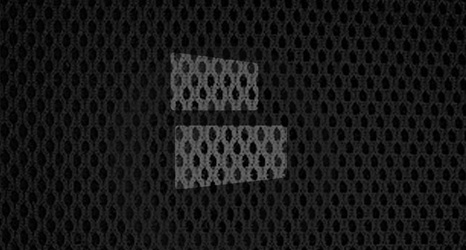Moscow • Early one evening in May 2018, days before the annual parade celebrating the Soviet victory in World War II, a convoy of military trucks carrying long-range nuclear weapons trundled to a halt on the Russian capital’s ring road.
As police officers stood guard, two Russian Orthodox priests wearing cassocks and holding Bibles climbed out of a vehicle and began sprinkling holy water on the stationary Topol and Yars intercontinental ballistic missiles.
Since relations between Russia and the West plummeted after the Kremlin’s seizure of Crimea in 2014, such scenes have become common here.
